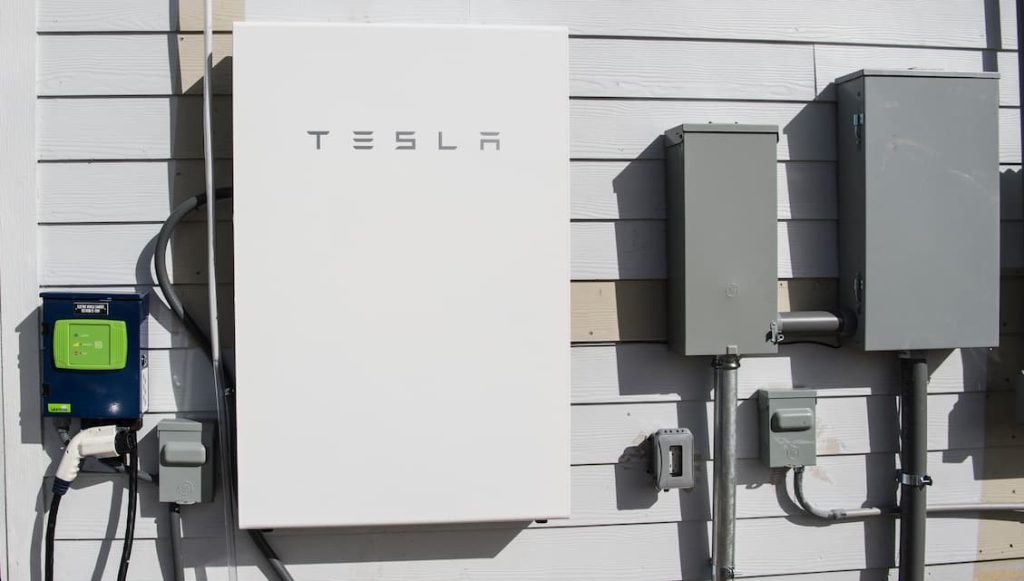Solar Battery Storage
Home » Solar Battery Storage
Save money with solar batteries:
Storing your excess energy to use later on
Solar batteries are a useful, cost-effective technology that’s key to allowing you to live more self-sufficiently (energy-wise) and sustainably inside your home or business.
Solar battery storage means homeowners can harness their solar technology to store their excess energy – generated by their reliable solar panels – to be used later when the need arises.
Solar Uptime contact form
We are ready to help maximise your solar value and performance. Simply complete this form and one of our friendly team members will make contact with you soon.



Why Use Solar Batteries?
Energy Independence
You are less reliant on power from the grid
Cost Savings
Storing excess energy means spending less money
Backup Power
Use your excess energy when there is a blackout
Increase Home Value
A sustainable energy source is attractive to potential buyers
The Three Kinds of Solar Batteries
To properly store solar batteries, it’s important first to know which kind of battery you bought or intend to buy. Your choice may depend on solar battery price, what others have recommended or factors like solar maintenance, but an awareness of all options is handy.
Generally, there are three main kinds of batteries for solar system panels:
Lithium-ion batteries
These are the most common and popular battery types. They tick all boxes in terms of minimal size, significant lifespan and being of lightweight material. Their compact size, moreover, enables a high degree of energy density – which means they’re small but can store a lot. And generate the necessary power consistently.
Flow batteries
These batteries use a different kind of technology from lithium-ion batteries and specifically, they’re better suited for larger properties with correspondingly larger systems. As a result, they’re designed to produce more energy over longer periods of time.
Lead-acid batteries
These ones have been around for quite some time and while pretty affordable and dependable to most people, the downside is they’re particularly heavier, bulkier and not as long-lasting compared to the other two.
Solar Uptime contact form
We are ready to help maximise your solar value and performance. Simply complete this form and one of our friendly team members will make contact with you soon.


Tips to Understand Solar Battery Storage
Tip #1: Recognise the Need of a High-Capacity Solar System
Yes, you might’ve heard how others marvel at the benefits of going solar: energy independence, reduced reliance on power from greedy corporate entities, a healthier wallet and healthier planet you’re proudly contributing to.
That said, there’s a prerequisite to reaping such rewards. Most Australian family homes do need a sizable solar system to fill typical home batteries for the entirety of a year, including on days without sunlight. A solar system that’s on the small side will lack the excess solar energy for charging the corresponding solar battery, especially throughout the winter. Without this in place, your battery savings can get crippled from the very start. So if you hope to install solar panels with batteries that will truly serve their purpose, it’s best to go with 10 kW of solar (or more where possible).
Tip #2: Know Exactly What Your Solar Panel Battery Does in A Blackout
It’s crucial, once you’ve gone ahead with the solar panel process for your home, to be clear with the one providing your battery about its capabilities in the event of a blackout. Is it equipped to promptly run backup power in such events? Unless you’ve been reassured of the contrary, there’s a chance your battery – while designed to provide backup power – won’t be able to recharge from the solar panels until the grid comes back.
Don’t hesitate to learn from our Solar Electricians to clarify all expectations for your solar battery should there be grid failure. Ask us:
- Can the solar charge up the battery without the grid available?
- How many circuits in total will it run?
- How many fridges can it start? (Note: motors in appliances like fridges and rainwater pumps require around 7x their rated current to be started again)
Tip #3: Be Mindful of When The Battery Will Expire / Degrade
From the time when you’re shopping for a battery to the moments you’re routinely doing spot-checks on your battery, pay attention to two key specs:
1. The cycle life, pertaining to the number of times this battery can be completely charged/discharged
2. The end of life retained capacity (%), or how much of the original capacity will be stored once this battery hits the end of its cycle life (or warranty life).
Knowing those two numbers by heart, you’ll have an easier time keeping track of how much your solar power battery has ‘aged’. But what’s a fair life cycle? Consider how the typical duration for lithium battery warranties is ten years, for your reference.
Furthermore, don’t simply go with the cheapest battery for which the warranty period isn’t extensive, or from a company with next-to-zero after-sales support. The cheaper you go, the lower the margins for potential installers, which can lead to rushed installations of poor-quality products. Don’t risk that with your investment in solar power.
Ready to execute proper solar panel battery storage?
If you’re in need of advice on buying your solar batteries, or you have solar panels to be installed or repaired, get in touch with Solar Uptime today.
Solar Uptime contact form
We are ready to help maximise your solar value and performance. Simply complete this form and one of our friendly team members will make contact with you soon.








